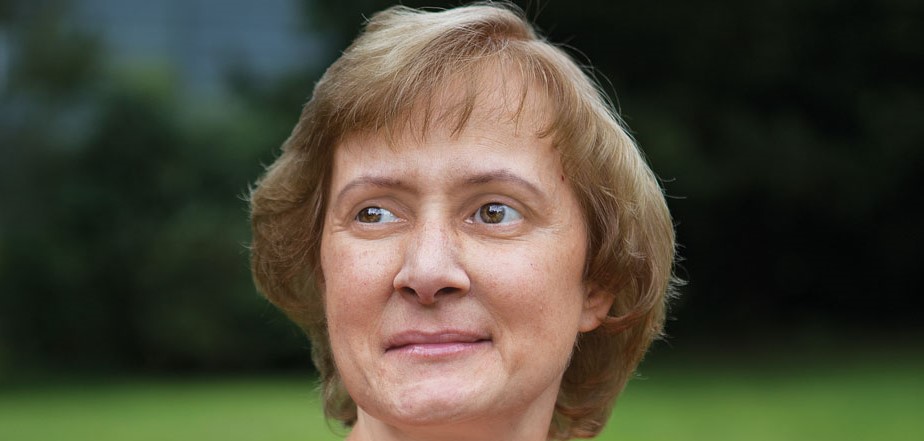Bridging The Gap
In May 2001, I was working as a support educator in the Intensive Care Unit, training student nurses. It was a high-stress job, but I loved it. One night I was driving home from the hospital after a long day. I was just a couple of blocks away from my house when my head started feeling woozy and wavy. Then everything went dark.
I woke up in the hospital and was told I swerved off the road and hit a telephone pole. It was because I had a seizure. I was stunned at 35 years old, I had no history of the disorder. The neurologist told me I should go home and stop driving, and that we’d discuss treatment options if another seizure occurred.
After being discharged, it’s important to follow-up with your doctors, especially once the initial shock from the incident wears off and you’re able to think clearly. This gives you the opportunity to get more information about the episode, ask questions, and talk about next steps. Most important, it gives you a chance to be an active participant in managing your health.
Two months later, it happened again. I had a seizure while shopping for kitchen cabinets. I had witnessed many of the patients in my unit at the hospital having seizures, so I knew what to expect when I had one. I taught my husband and three daughters what a seizure might look like and what to do if one occurred: Don’t panic, call 911, and take note of when it started and anything I did while having a seizure making odd noises, grinding my teeth, scrunching up my face, etc.
My instinct as a nurse was to collect as much information as possible about my seizures to then share it with my doctors and neurologist. Reading these notes allowed them to see whether a medication was working, if dosages needed to be adjusted, or if the treatment needed to be changed altogether.
Every patient is different and what works for one person may not work for you, so it’s important to constantly communicate with your doctors listen to what they have to say, take notes, and ask questions. You have to be your own advocate and use your doctors as resources.
Seventeen years later, my seizures still haven’t stopped completely. I’m no longer able to work in my unit as a nurse, but I am happy just spending time with my family and being an educator outside of the hospital. Because of my background, I’ve been able to experience my disorder not just as a patient but also as a professional in the medical sphere. This has allowed me to communicate with my doctors more effectively and to offer advice to others with epilepsy. Even though I’m no longer working in an official capacity, my training has definitely paid off in more ways than one.
Originally printed in EpilepsyAdvocate, Fall 2018
Categories : From Our Magazine
Tags : Blog





